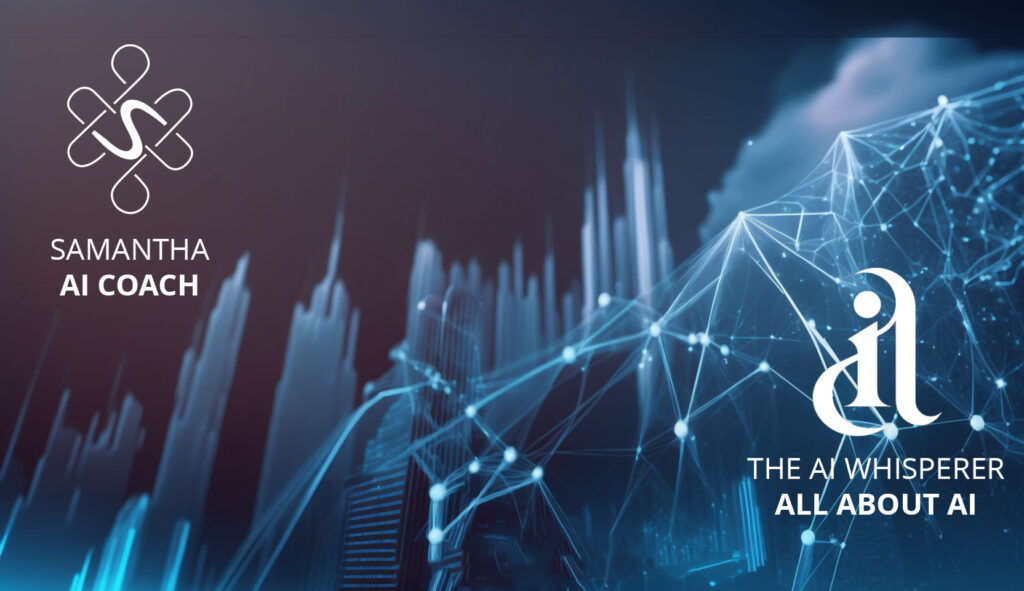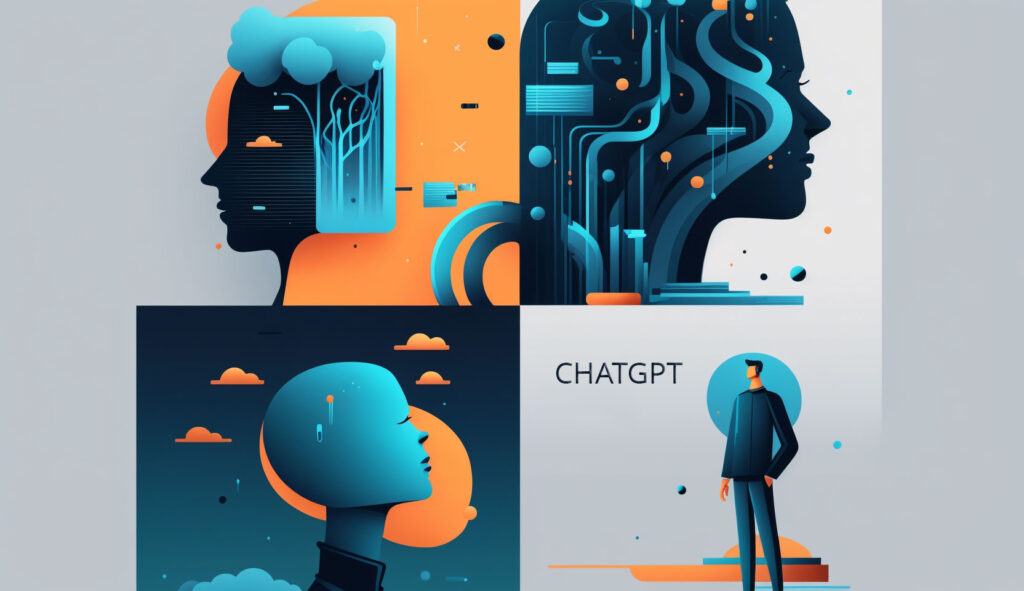In 2016, the world of artificial intelligence was rocked by Google’s DeepMind AI lab when their program, AlphaGo, triumphed over a champion Go player. Today, Demis Hassabis, the co-founder and CEO of DeepMind, is hinting at an even more groundbreaking development. The team at DeepMind is harnessing the power of AlphaGo’s techniques to create a new AI system, Gemini. Google DeepMind’s Gemini, still under construction, is set to surpass the capabilities of OpenAI’s ChatGPT.
Google DeepMind’s Gemini
Gemini, akin to GPT-4 that powers ChatGPT, is a large language model that processes text. However, Hassabis and his team plan to infuse this technology with the strategies used in AlphaGo, aiming to equip the system with new abilities such as planning and problem-solving. „Gemini is a fusion of AlphaGo’s strengths with the remarkable language capabilities of large models,“ Hassabis explains. He also hints at some upcoming innovations that promise to be intriguing.
The Power of Reinforcement Learning
AlphaGo’s success was rooted in a technique called reinforcement learning, a method that DeepMind has been instrumental in advancing. This approach enables software to tackle challenging problems that require decision-making, like in the game of Go or video games, by making repeated attempts and receiving feedback on its performance. It also employed a method known as tree search to explore and remember possible moves on the board. The next significant advancement for language models may involve them performing more tasks on the internet and computers.
The Investment and Potential of Gemini
The development of Gemini is a process that will span several months and could cost tens or even hundreds of millions of dollars. This investment is a testament to the potential role Gemini could play in Google’s response to the competitive threat posed by ChatGPT and other generative AI technology. Since the debut of ChatGPT, Google has been quick to launch its own chatbot, Bard, and incorporate generative AI into its search engine and numerous other products.
The Journey of DeepMind and AI Development
Hassabis successfully navigated previous AI gold rushes by igniting one himself. In 2014, Google acquired DeepMind, a company that demonstrated remarkable results through software using reinforcement learning to master simple video games. Over the following years, DeepMind showcased how this technique could accomplish tasks that once seemed uniquely human—often with superhuman skill. The victory of AlphaGo over Go champion Lee Sedol in 2016 left many AI experts in disbelief, as they had believed it would be decades before machines could master a game of such complexity.
The Making of Large Language Models
Training a large language model like OpenAI’s GPT-4 involves feeding vast amounts of curated text from books, webpages, and other sources into machine learning software known as a transformer. This software uses the patterns in the training data to predict the letters and words that should follow a piece of text, a simple mechanism that proves strikingly powerful at answering questions and generating text or code.
The Potential and Risks of AI
Hassabis has the responsibility to accelerate Google’s AI efforts while also managing unknown and potentially grave risks. The recent, rapid advancements in language models have sparked concerns among many AI experts, including some who are developing the algorithms. They worry about the possibility of malevolent uses of the technology or the potential difficulty in controlling it. Some tech insiders have even called for a pause on the development of more powerful algorithms to avoid creating something dangerous.
The Future of AI and the Role of DeepMind
Hassabis believes that the extraordinary potential benefits of AI—such as for scientific discovery in areas like health or climate—make it imperative that humanity does not stop developing the technology. He also believes that mandating a pause is impractical, as it would be near impossible to enforce. “If done correctly, it will be the most beneficial technology for humanity ever,” he says of AI. “We’ve got to boldly and bravely go after those things.”
However, this doesn’t mean that Hassabis advocates for reckless AI development. DeepMind has been exploring the potential risks of AI since before ChatGPT appeared. Shane Legg, one of the company’s co-founders, has led an “AI safety” group within the company for years. Hassabis joined other high-profile AI figures last month in signing a statement warning that AI might someday pose a risk comparable to nuclear war or a pandemic.
The Need for More Research and Collaboration
One of the biggest challenges right now, Hassabis says, is to determine what the risks of more capable AI are likely to be. “I think more research by the field needs to be done—very urgently—on things like evaluation tests,” he says, to determine how capable and controllable new AI models are. To that end, he says, DeepMind may make its systems more accessible to outside scientists. “I would love to see academia have early access to these frontier models,” he says—a sentiment that if followed through could help address concerns that experts outside big companies are becoming shut out of the newest AI research.
Conclusion
Hassabis says that no one really knows for sure that AI will become a major danger. But he is certain that if progress continues at its current pace, there isn’t much time to develop safeguards. “I can see the kinds of things we’re building into the Gemini series right, and we have no reason to believe that they won’t work,” he says.


